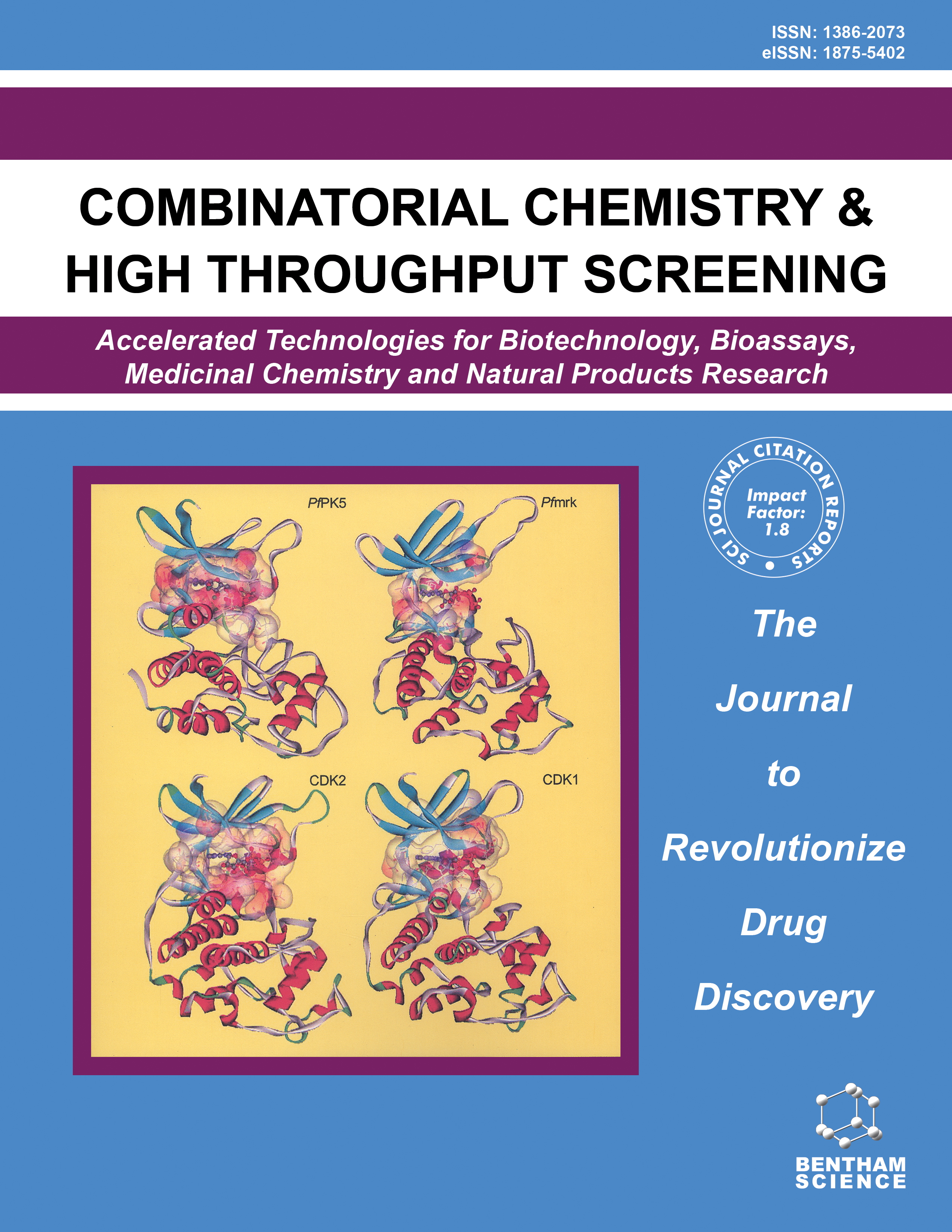-
s Penehyclidine Hydrochloride Protects Rat Cardiomyocytes from Ischemia- Reperfusion Injury by Platelet-derived Growth Factor-B
- Source: Combinatorial Chemistry & High Throughput Screening, Volume 26, Issue 6, May 2023, p. 1204 - 1213
-
- 01 May 2023
Abstract
Aims and Objective: The lack of effective treatments for myocardial ischemiareperfusion (MI-R) injury severely restricts the effectiveness of the treatment of ischemic heart disease. In the present research, we aimed to investigate the protective effect and molecular mechanism of penehyclidine hydrochloride (PHC) on MI-R cells. Methods: Cell viability was quantified using CCK8. Cell apoptosis was analyzed using flow cytometry. Western blot and Elisa assays were used for the detection of target proteins. Results: PHC pretreatment attenuated the inhibition of cell viability and decreased the percentage of apoptosis induced by simulated ischemia reperfusion (SIR). Platelet-derived growth factor B (PDGF-B) and its downstream AKT pathway were activated in PHC pretreated cells. After siRNAPDGF- B transfection, cell viability was inhibited and apoptosis was activated in PHC pretreated SIR cells, suggesting that PHC protected cells from SIR. PDGF-B knockdown also increased the levels of CK, LDH, IL-6 and TNF-α in PHC pretreated SIR cells. The effect of AKT inhibitor on H9C2 cells was consistent with that of PDGF-B knockdown. Conclusion: PHC pretreatment can protect cardiomyocytes from the decrease of cell activity and the increase of apoptosis caused by reperfusion through up-regulating PDGF-B to activate PI3K pathway. Our study indicates that PHC is a potential drug to protect cells from reperfusion injury and PDGF-B is a potential target for preventing MI-R injury.


